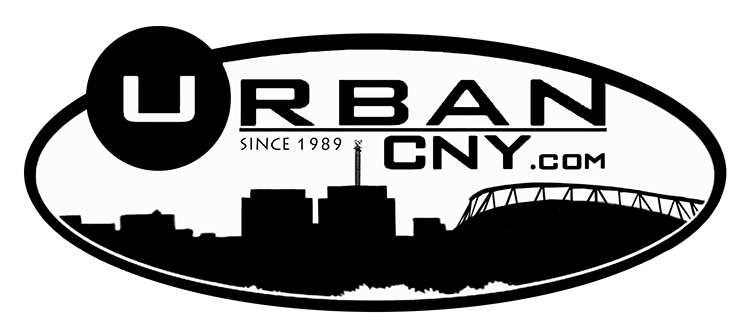You’ve seen the headlines: From Amazon warehouses to university campuses to workers at the Communication Services for the Deaf here in Syracuse, we are in the midst of a historical upswing of labor organizing. Working people are coming together to fight for better wages, safer workspaces, and dignity and respect on the job. In fact, the number of petitions filed at the National Labor Relations Board by workers to exercise our freedom to stand together in unions is up 69% compared to last year. Why is this happening?
Part of the reason is who is organizing; it is younger workers who are joining together in solidarity to form their unions at their workplace. Younger workers are looking at their work life, at their future and what they are seeing is not encouraging. They are realizing a future where they are saddled with crushing student loans, no ability to buy a house (which builds generational wealth) or to own a car in a nation that has more wealth than it has ever had in its history. We often think of the idyllic 1950s and 1960s as the time when the middle class was at its largest and doing well, yet we have more wealth now than then. What’s the difference? Today, more of our wealth is concentrated into fewer hands.
How did this inequality happen? A big reason is that anti-worker policies and income redistribution towards the wealthy were implemented in the 1980s. Those policies led to increased corporate profits and increased income inequality. Younger workers today were not even born when these policies were put into place; now, they are the ones that are attempting to pick up the pieces from the previous generation’s policies that have failed them while fighting for better workplaces.
These younger workers learned during the pandemic how expendable they were by being asked to work in dangerous conditions when we knew so little about the COVID-19 virus. Younger workers recognized the need to demand changes in the place where we spend most of our days. Employees at large and small businesses realized that they have the power, and a new world is in their hands if they take it together.
Younger workers recognized that we need corporate accountability now more than ever. Corporations are quick to blame worker wages for causing inflation, when in reality working people experience a pay cut with every price increase. Meanwhile, U.S. companies like Amazon and Starbucks are enjoying record profits and CEO pay increases. You cannot have record profits and expect workers to keep working for low wages. Younger workers must work two or three jobs in order make ends meet.
To create this new world, we need to make a fair system for workers to join unions to level the playing field in their workplaces. American labor laws, much like the laws we have for voting in our elections, are antiquated and need to be updated. I do not think it’s an accident that both reforms for voting in our elections and voting for unionization have been filibustered in the US Senate. These issues are very similar in that they deal with power. However, these are not radical proposals – for unionization, this is the relationship that workers have with their employers (many of them American owned companies) in Europe. We can and must do better. Our workplaces deserve it, our communities deserve it, and we as human beings deserve a world where we share in the fruits of our labor.
One last point: we can only get the democracy we deserve in the workplace if we have democracy in our government. You cannot have free trade unions in an undemocratic state. Therefore, we must vote this year like our lives depends on it, because it does. We are seeing the damage of not voting and policy decisions of the past. They have had a direct effect on us to this very day. Freedom is on the ballot and as workers, we must vote to ensure the freedom to be our full selves. We owe it to vote not just for us now, but for the future we want to create. The younger workers are showing the way, let’s join with them to vote for a new world.
Mark Spadafore (he him),
Upstate New York Political Director – 1199SEIU UHWE








